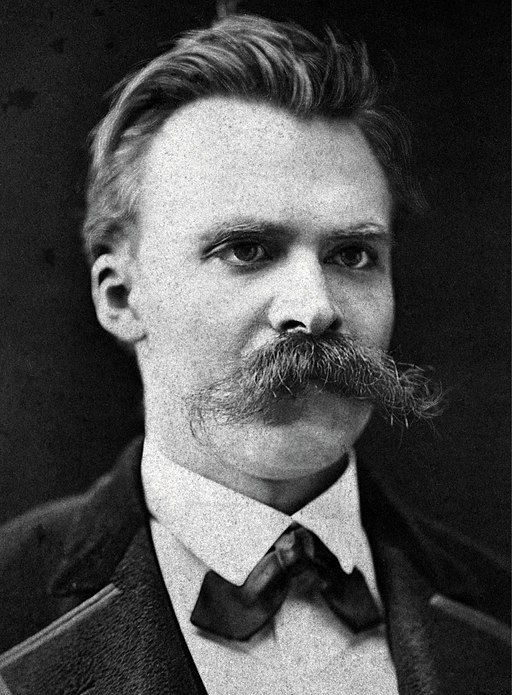Nietzsche in Context (PH334)
In this year’s Nietzsche in Context module, we will investigate the evolution of Nietzsche’s understanding of Arthur Schopenhauer (1788-1860), a philosopher famous for his pessimism whom Nietzsche (1844-1900) described as: ‘the first admitted and uncompromising atheist among us Germans’, ‘the last German who was worthy of consideration’, and ‘impoverished, insensitive, un-German to the point of genius’.
Along the way we will encounter many of Nietzsche’s most famous ideas, including the eternal return, amor fati (love of fate), the will to power, and the death of God. We shall study Nietzsche’s earlier works, including The Birth of Tragedy and Untimely Meditations, his later works, including The Genealogy of Morality and Twilight of the Idols, and even relevant musings and observations from Nietzsche’s notebooks and letters, unpublished in his day.
By examining Nietzsche’s historical and critical relationship with the Schopenhauer, and through this his relation to the wider agenda of German philosophy at the time, we will acquire a deeper and fuller understanding of Nietzsche’s philosophy. We will also learn a lot about Nietzsche’s self-understanding and conception of his own project and legacy.
During the course of this module students will acquire a deeper knowledge and understanding of this period in the history of philosophy and learn essential skills in close reading, textual interpretation, and critical analysis. Students will also acquire skills and abilities needed for developing and defending interpretations of primary texts and critically engaging with scholarly commentary.

